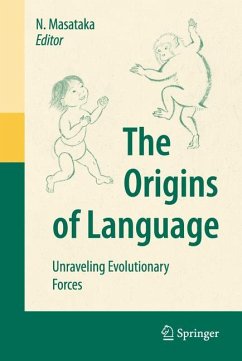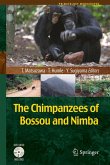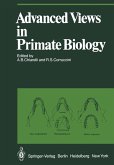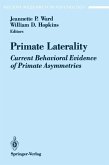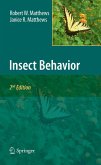Developments in cognitive science indicate that human and nonhuman primates share a range of behavioral and physiological characteristics that speak to the issue of language origins. This volume has three major themes, woven throughout the chapters. First, it is argued that scientists in animal behavior and anthropology need to move beyond theoretical debate to a more empirically focused and comparative approach to language. Second, those empirical and comparative methods are described, revealing underpinnings of language, some of which are shared by humans and other primates and others of which are unique to humans. New insights are discussed, and several hypotheses emerge concerning the evolutionary forces that led to the "design" of language. Third, evolutionary challenges that led to adaptive changes in communication over time are considered with an eye toward understanding various constraints that channeled the process.
Dieser Download kann aus rechtlichen Gründen nur mit Rechnungsadresse in A, B, BG, CY, CZ, D, DK, EW, E, FIN, F, GR, HR, H, IRL, I, LT, L, LR, M, NL, PL, P, R, S, SLO, SK ausgeliefert werden.
From the reviews:
"The book consists of an introductory chapter followed by eight others, each of which addresses one of the two aspects of language development. The book ... provides a helpful, succinct overview of various aspects of language evolution and offers interesting new hypotheses. ... Masataka was successful in bringing together researchers using very different approaches for an empirically focused and comparative approach to language and its origins." (Tobias Riede, Primates, Vol. 50, 2009)
"The book consists of an introductory chapter followed by eight others, each of which addresses one of the two aspects of language development. The book ... provides a helpful, succinct overview of various aspects of language evolution and offers interesting new hypotheses. ... Masataka was successful in bringing together researchers using very different approaches for an empirically focused and comparative approach to language and its origins." (Tobias Riede, Primates, Vol. 50, 2009)

